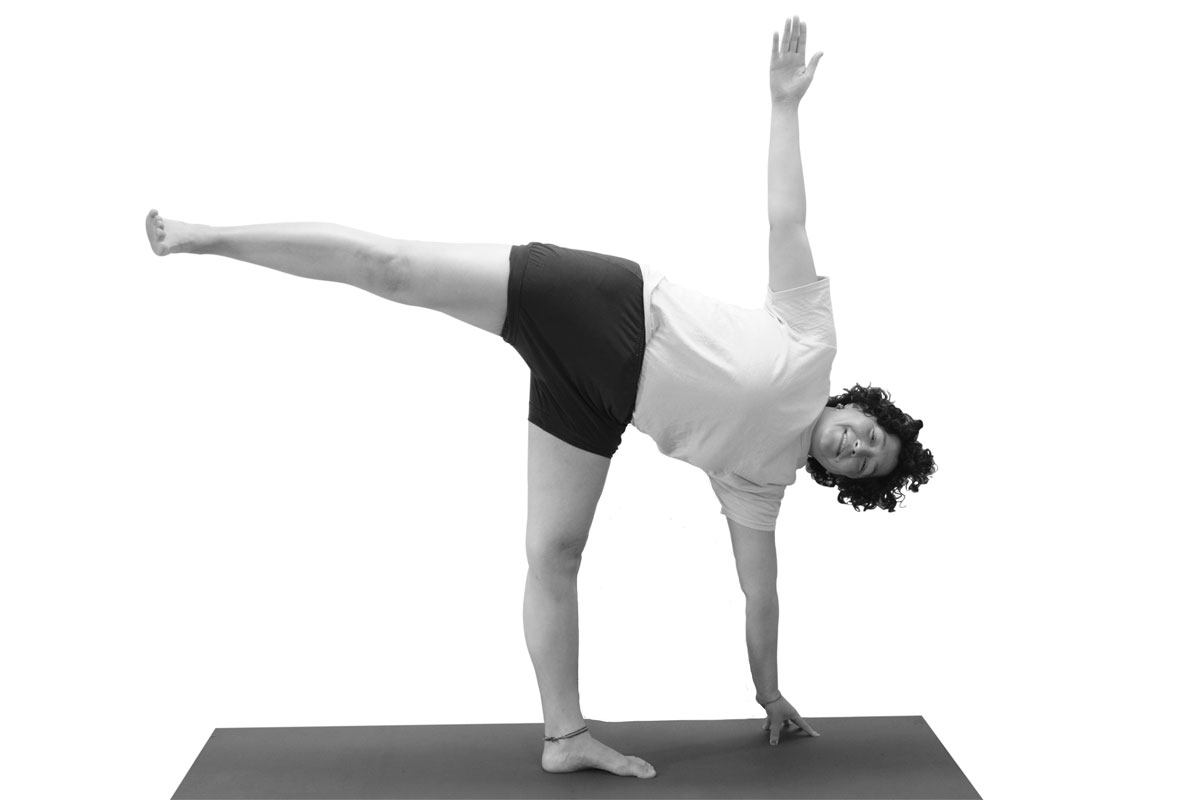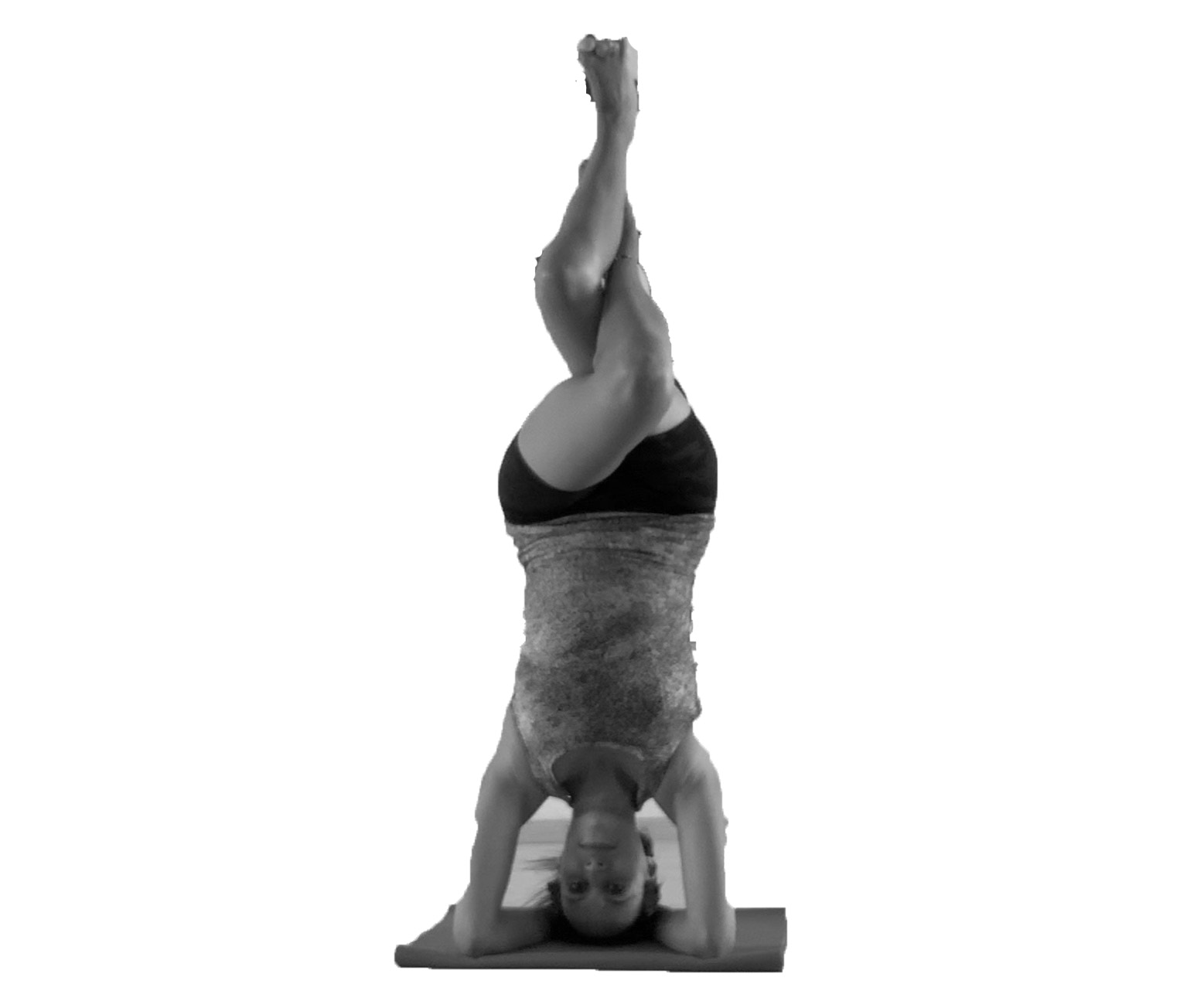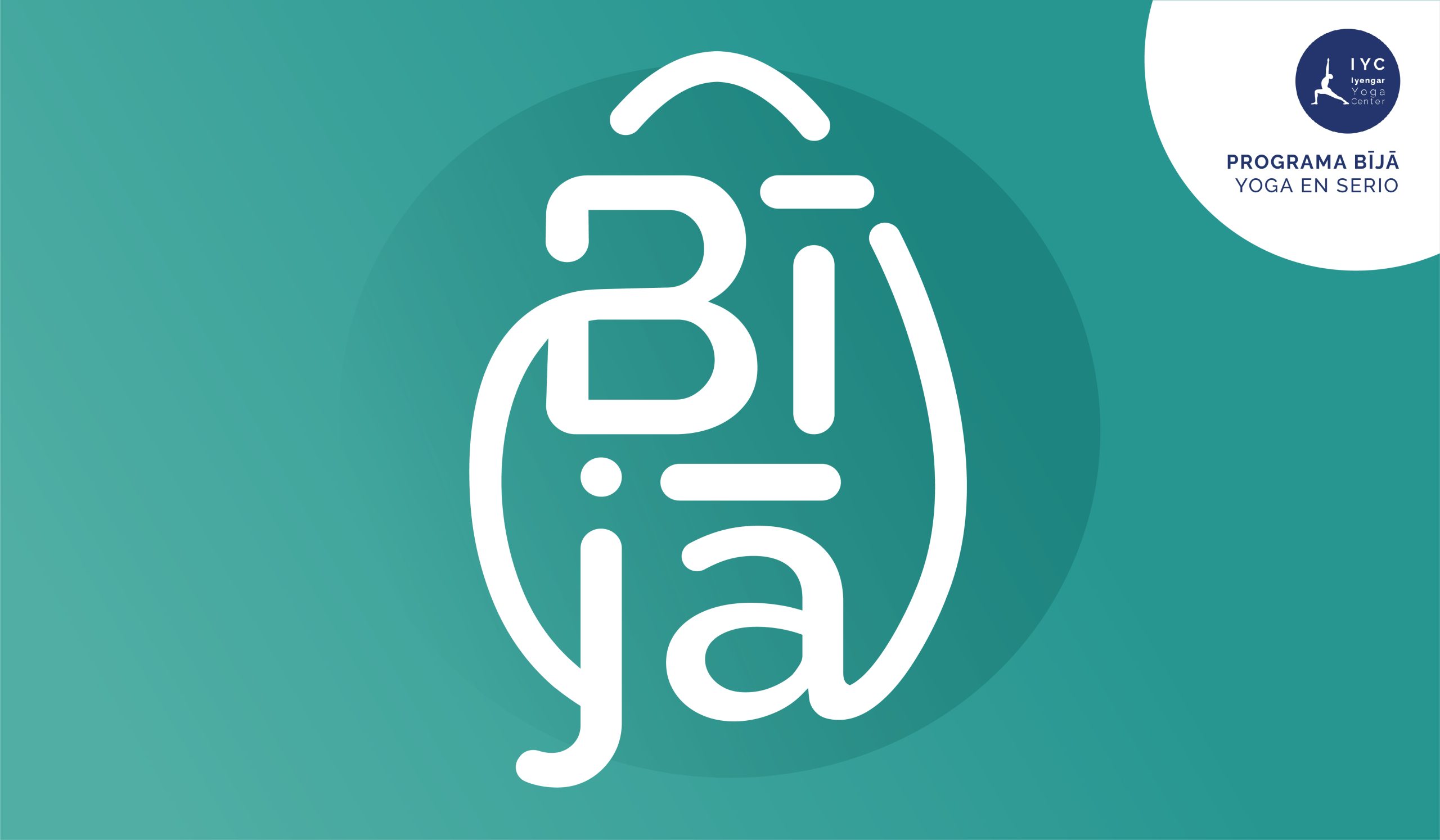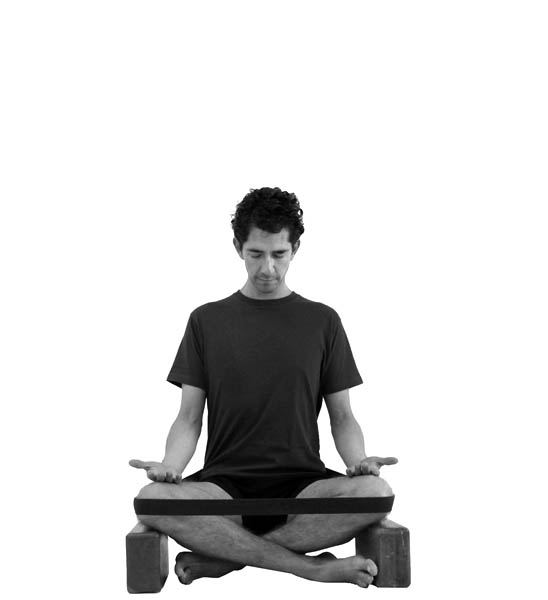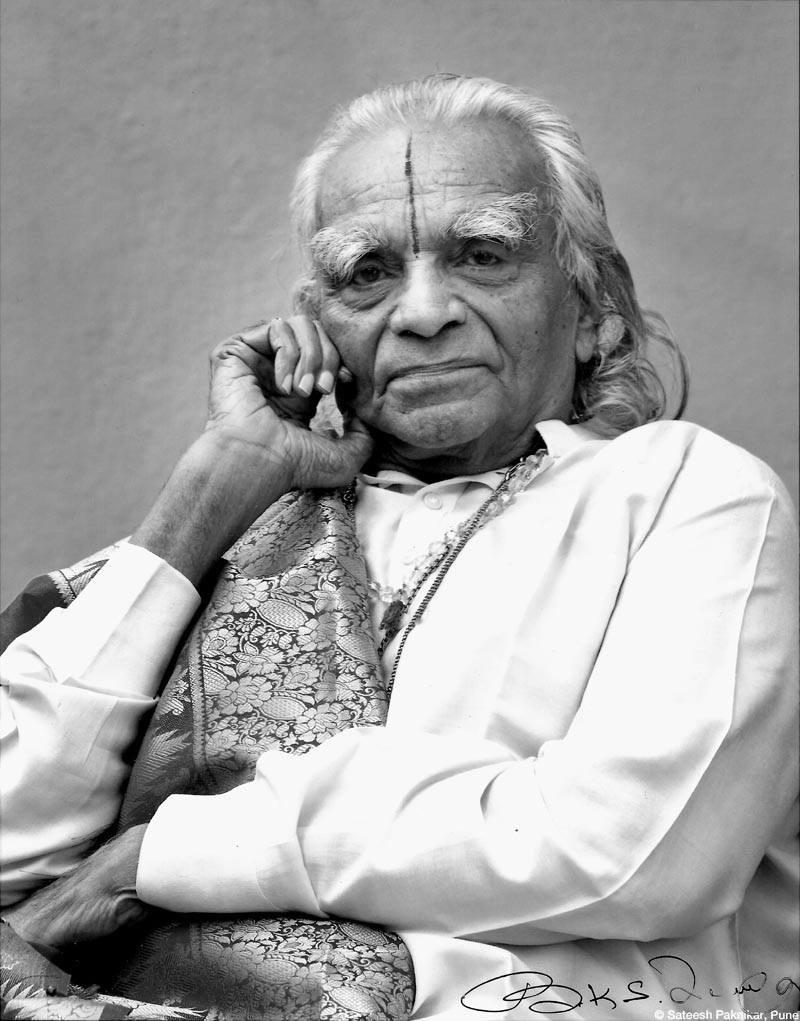“The soul is divine, immaterial, perfect and eternal. In other words, it doesn’t die. Discover what does not die, and you will unmask the illusion of death. That is conquering death. ” BKS Iyengar, Light on Life.”
BKS Iyengar, Luz sobre la vida.
We all identify with our bodies, and it is inevitable not to. If an elephant tries to hit us as we cross the road we wouldn’t say – ¡Oh my god! It is about to smash my ego -At that moment we are our bodies, and we jump out of their way. The same thing happens when we get sick. When we are healthy we forget our bodies; but when we are sick, we cannot. Maybe we know already that the body is not our eternal identity, but that knowledge is purely theoretical. For practical purposes, we identify with the body because it is the vehicle through which we perceive and we can discover our immortality. That is why yoga begins with the body.
According to Patanjali, the fear of death is just ignorance (Avidya) to the 16th power.
The Kleshas (causes of suffering)
Afflictions corrupt our lives and clog our best intentions to grow as people. There are five causes. They are natural, innate and affect us all. The first, ignorance, is the father of the other four. According to yogic thinking, all the evil in the world arises from ignorance.
These Kleshas are:
Avidya (Ignorance, lack of knowledge, lack of understanding)
It is the fundamental belief that material reality is more important than spiritual reality. What do we not know when we are ignorant? Not knowing what is real and what is not real. Not knowing what is enduring and what is ephemeral. Not knowing who you are and who you are not. It is taking the everyday Self, the one we know, for the immortal Self, for the true Self or Soul.
Asmita (ego)
Pride leads to arrogance, arrogance leads to vanity and this leads to competing with the gods for superiority. The obvious result is destruction. Yogically what this means is that the fragile and beautiful stem of individuality that resides in each one of us, pure of origin and intention, when encountering the world, remains colored, colored by its contact and becomes pride. This pride is our shell, which lies in difference, not in equality. Pride blinds us to the qualities of others. We judge by useless comparisons. We lose the possibility of rejoicing in the existence of others. We expect others to do things according to our wishes and expectations. We are never satisfied.
Raga (obsessive or perverted love)
It refers to the magnetic attraction between the ego and the pleasure surrounding it. We have all witnessed the situation in which a car owner jumps in a rage if he discovers a tiny stripe on his vehicle, as if he had been injured in combat. What we are witnessing is a fusion and an absolute identification between the ego (which is impermanent) and an object of its possession (which also is impermanent)..
We know the famous phrase about death: you can’t take it with you. It’s true, that’s right. I can’t take my ego beyond the grave and I certainly won’t take my car, my land, or my bank account either. The dominant word here is “my”. It can be easily seen that this situation is the child of ignorance, since it is an impermanent entity in search of a lasting link with another impermanent entity.
The correct attitude towards our belongings should be gratitude, not property. In India there is an annual ceremony in which garlands are placed on household objects and they are thanked for their services.
When someone you love dies, you break in two. But that is not Raga. Is love. It is transcendent and transcends the separation of death. There is nothing wrong with shedding tears for those we love, but we must know why we are crying: for the loss of those who remain and not for those who have left, since true love goes beyond death.
Dvesha (repulsion)
This is the opposite side of attachment. It is an emotional revulsion and a fled from pain, which leads to prejudice and hate, making it impossible for us to learn the difficulties of life and our own mistakes. It is like the same poles of two magnets moving away from each other and it is also based on trivialities. My essence cannot hate your essence because it is the same. I may deplore your behavior, but it is silly to deduce that I hate you then. All we can try is to get the wicked to reform their actions. The best way to help them is to reform our own people, and then we may discover that all humanity is more or less made up of the same individuals, with a common scenario for everything, and that all our misfortunes are the result of fundamental misperception, ignorance. Hence, ignorance means the denial of original universal unity or community.
Abhinivesha (fear of death or instinctual attachment to life)
Human activity throughout the ages has attempted to perpetuate the existence of the ego through names, fame, wealth, glory, or achievement. However, the soul endures, while the known ego will perish, as also its outer shell, the body. That is the horrible conflict of humanity: what the human being thinks he is, his ego and his attributes, is perishable, while what he hardly suspects to be, transcendent consciousness and soul, is enduring. We cannot bear the loss of the known. We have insufficient faith to trust the survival of the unknown. The answer of yoga is to say: “Discover the unknown and you will find your own immortality”..
If you want to see the power that these afflictions have on our lives and on human history you just have to watch the news on TV and identify these five destructive influences in action. It is easy. Then apply it to you.
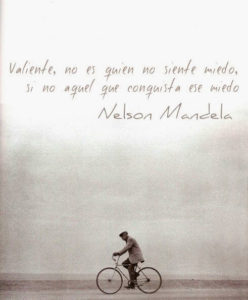
And what does Patanjali propose to end the Kleshas?
Meditation is the gateway to ending the five afflictions. Meditation leads the complex mind to a state of simplicity and naivety, but without ignorance. Meditation comes when the ego is overcome. Being the seventh petal of yoga, it can be reached by going through the stages of yogic practice. Also cultivating the healthy and healing qualities of yoga: Maitri, Karuna, Mudita and Upeksa.
Transformation is sustained change, and it happens through practice.
“Yog is a battle against the Kleshas, Yog is the process of attenuating, weakening and destroying the kleshas”.
________
Bibliography:
B.K.S. Iyengar, Luz sobre la vida, viaje hacia la plenitud, la paz interior y la libertad, Editorial Kairós, 2005. pp.247-291.
Para profundizar:
Prashant Iyengar, Fundamentals of Patanjali’s Philosophy (Theory of Klesha & Karma), Ramamani Iyengar Memorial Yoga Institute, Pune, India, 2013.






